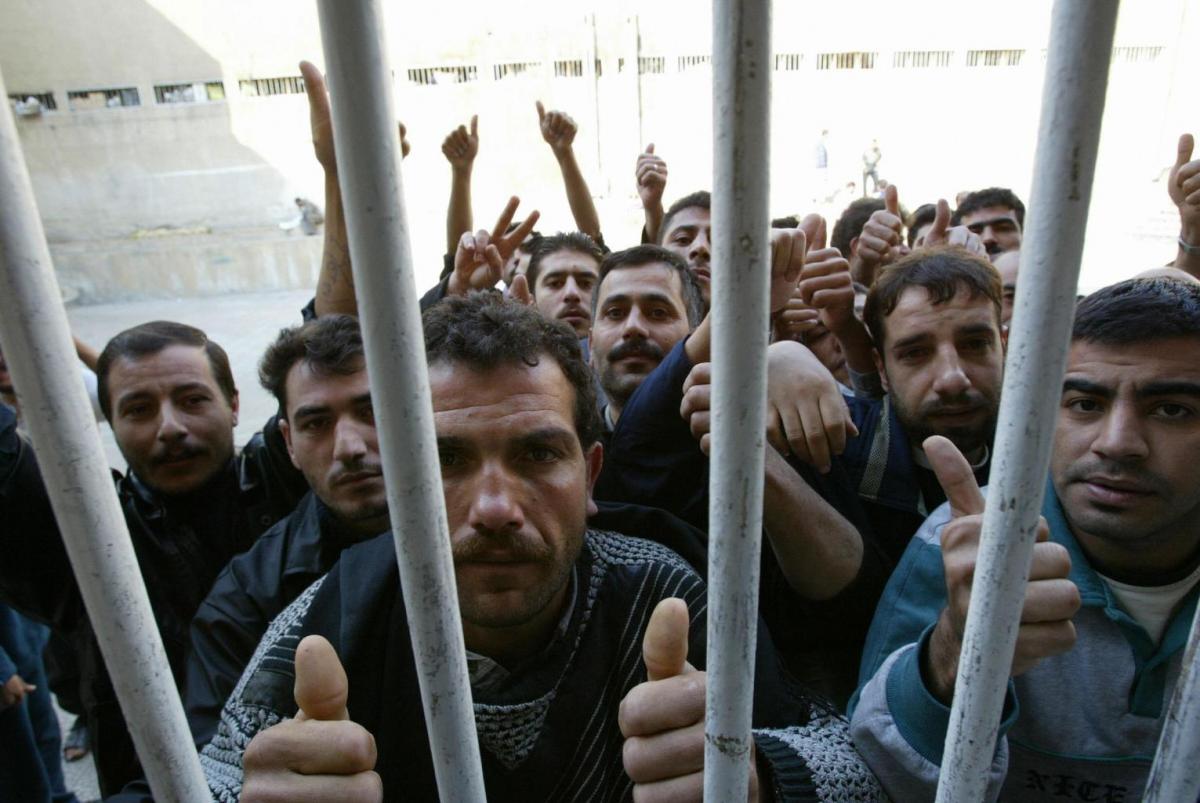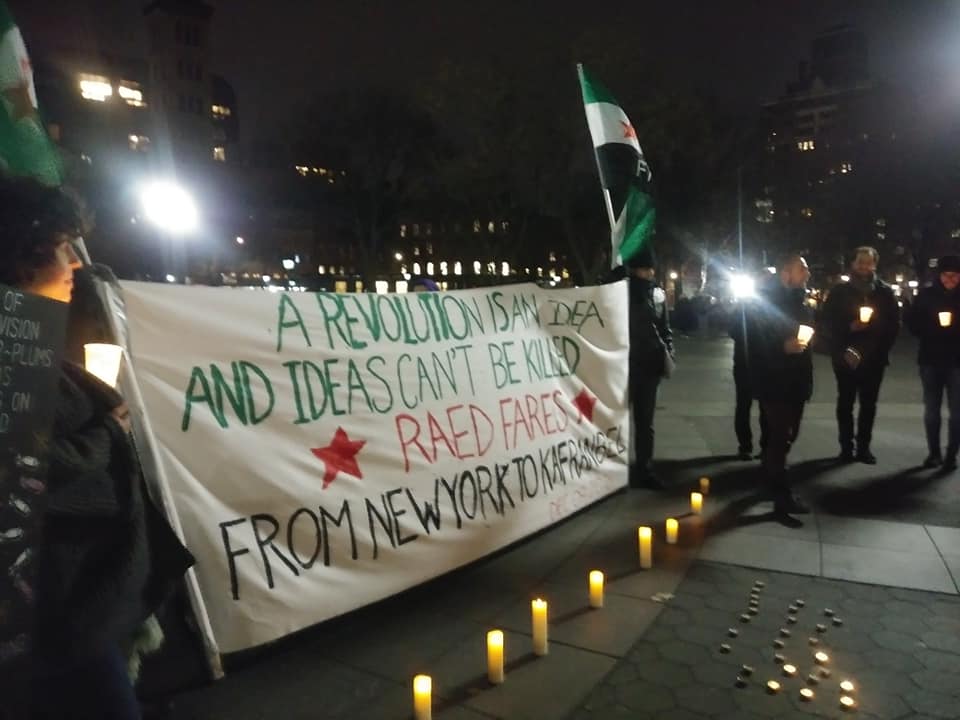Syria

The UN Independent International Commission of Inquiry on the Syrian Arab Republic stressed the need for greater information and accountability to be provided to the families of missing persons and detainees. The report charges that the Syrian regime is still carrying out mass public arrests and detentions, many leading to torture and eventual death, while families are induced to pay bribes to learn the whereabouts of their loved ones. Many families did not learn of their relatives’ whereabouts at all until May, when information was provided in bulk by the Interior Ministry. The Commission notes that even after this information was disclosed it was obfuscated, with causes of death being listed as “heart attack” or “stroke”—while many individuals died on the same day. The Commission infers that mass executions may have occurred in some of these facilities, many of them on military bases. (Photo of hunger strikers at Syrian prison via Foreign Policy. Credit: Louai Beshara/AFP/Getty Images)



